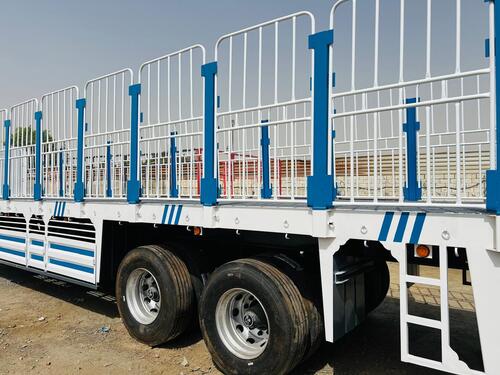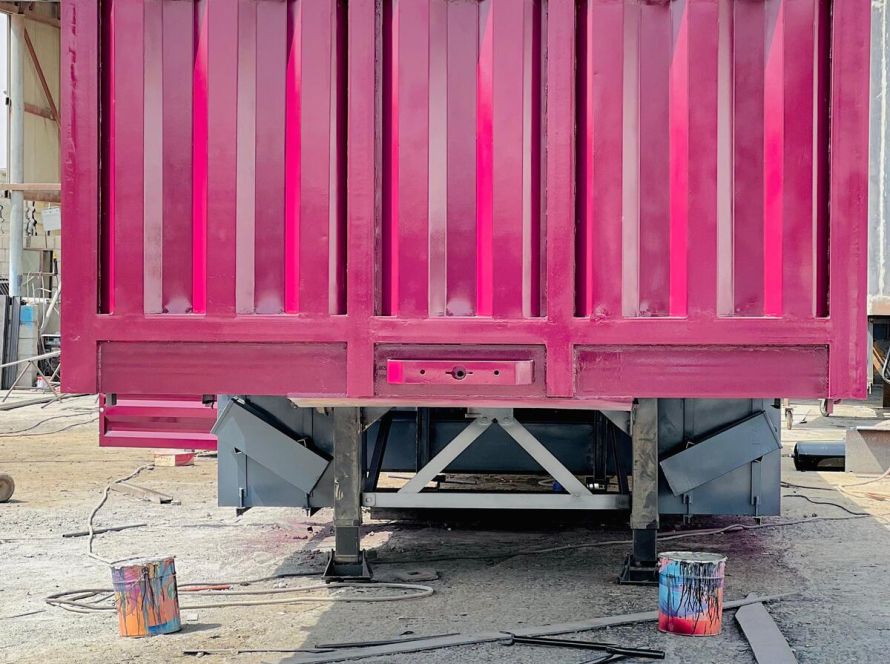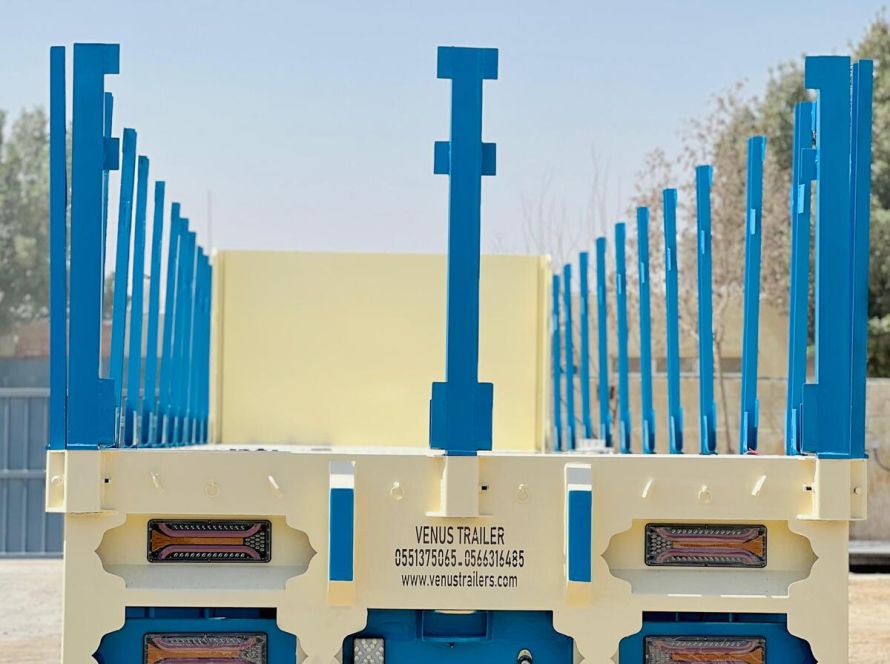The rise of UAE free zones for trailer export has made it much easier for trailer manufacturers to reach global markets. Free zones in Sharjah and Dubai provide strategic advantages—closer port access, tax incentives, bonded warehousing, and streamlined customs—that directly reduce lead times and export costs. If you build flatbeds, lowbeds, or box trailers and are considering exporting, understanding free-zone benefits can change the economics of your business.
Why Free Zones Matter for Trailer Exporters
Free zones like Hamriyah (Sharjah) and Dubai’s logistics hubs sit near major terminals such as Jebel Ali, which shortens transit from factory to vessel. Reduced inland haulage saves time and money—critical for bulky cargo that often needs RO-RO or heavy-lift handling. Free-zone locations also attract specialised freight forwarders and heavy-equipment handlers who know how to move trailers efficiently and safely.
Cost & Administrative Advantages
One of the biggest wins is cost reduction. Free zones often offer exemptions on import duties for raw materials and simplified corporate structures that lower operating expenses. Bonded warehousing lets manufacturers stage trailers, carry out final inspections, and consolidate shipments without immediate customs duties—helpful when managing mixed consignments destined for multiple countries.

Logistics, Documentation & Compliance
Free zones streamline paperwork and provide easy access to customs brokerage services. Many free zones also offer testing labs and certification partners, so manufacturers can quickly secure the documentation required by importers. For port rules and handling protocols, exporters commonly refer to resources like DP World’s Jebel Ali information.
Market Access & Scalability
Because free zones facilitate re-export and expedite licensing, small and medium-sized manufacturers can scale production quickly when orders arrive. They serve as regional distribution hubs: from a free zone facility, you can export to the GCC, Africa, and South Asia more competitively, thanks to lower landed costs and simplified re-export rules.
Practical Tips for Trailer Exporters Using Free Zones
- Select a free zone near your preferred port to reduce inland haulage costs.
- Use bonded warehousing for staging, inspection, and consolidation.
- Partner with freight forwarders experienced in RO-RO and heavy lifts.
- Secure destination-country standards and certificates early.
- Leverage free-zone value-added services (testing, packaging, documentation).
For manufacturers seeking export-ready builds and support, check out Venus Trailers’ export resources and after-sales services. For free-zone details, visit Hamriyah Free Zone Authority (HFZA).
Conclusion
UAE free zones for trailer export reduce barriers and costs while improving speed to market. By combining manufacturing best practices with free-zone logistics and customs support, Dubai and Sharjah-based trailer makers can export competitively and reliably to regional and international customers.


